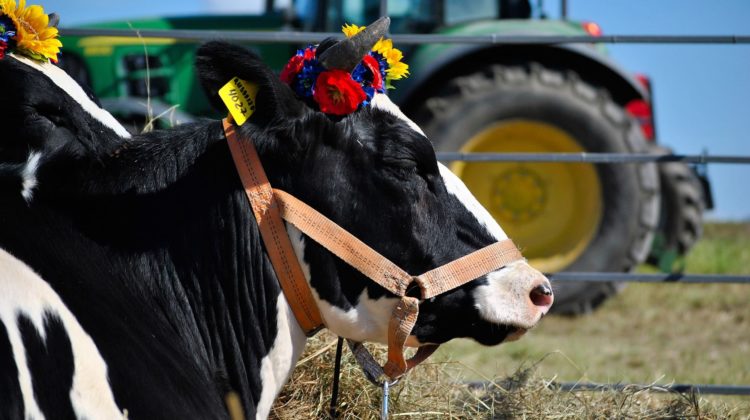
Estimation of Energy Consumption and Greenhouse Gas Emissions of Transportation in Beef Cattle Production
Accounting for transportation is an important part of the life cycle analysis (LCA) of beef cattle production because it is associated with energy consumption and greenhouse gas emissions.
This paper describes the development and application of a model that estimates energy consumption and greenhouse gas emissions of transport in beef cattle production.
The animal transport model is based on the weight and number of animals in each weight category, type of trailer, vehicle, and fuel used.
The energy consumption and greenhouse gas emission estimates of animal feed transportation are based on the weight of a truckload and the number of truckloads of feed transported. Our results indicate that a truckload is travelling approximately 326 km in connection with beef cattle production in the study region.
The fuel consumption amounts to 24 L of fossil fuel per 1000 kg of boneless beef. The corresponding greenhouse gas emission is 83 kg.
It appears from our results that the majority of energy consumption and greenhouse gas emissions are associated with sending the finished cattle to slaughterhouses and bringing feeder cattle to feedlots.
Our results point out appreciable reductions in energy consumption and greenhouse gas emissions by changing from conventional fuel to bio-fuel.
AUTHORS
Narayanan Kannan (Texas Institute for Applied Environmental Research, Tarleton State University, Stephenville, TX 76402, USA)
Ali Saleh (Texas Institute for Applied Environmental Research, Tarleton State University, Stephenville, TX 76402, USA)
Edward Osei (Department of Agriculture and Consumer Sciences, Tarleton State University, Stephenville, TX 76402, USA)

